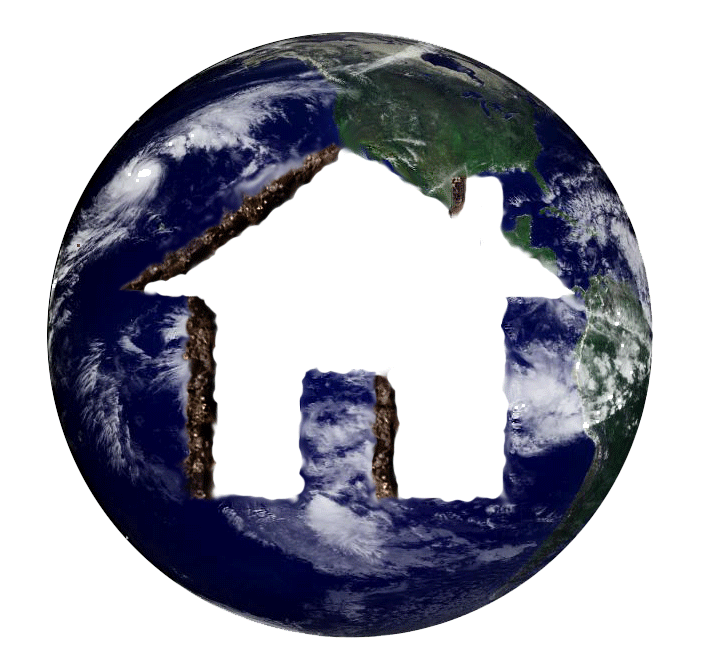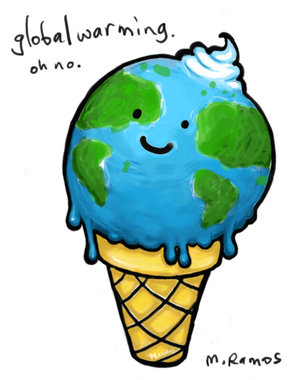In our research we found that the coverage of on the environment in society is more ubiquitous among social media than the more traditional media outlets. When we researched “solar AND wind” among four major newspapers in the past 3 months, only 9 stories came up in the results. Whereas we also found that people were actively commenting on Wal-Mart’s Facebook page concerning their sustainability initiative. Books and academic journals generally had good information, but sometimes it was difficult to find stories that were up-to-date.
What does this mass media trend say about our society and the environment?
We would like to suggest that this denotes a marked difference between how mass media channels and individuals view the environment. The trend within social media indicates that individuals see that the environment is important, and that the way we utilize our natural ecosystems has a direct effect on society. On the contrary, mass media outlets seem to brush over certain environmental debates. This is despite the fact that, as we have shown, the way in which we understand and care for the environment is very pertinent to the more covered healthcare, energy, global warming, affordable housing, and food discussions.
Whether or not this phenomenon is actual in practice or purposeful on the part of traditional mass media outlets remains to be seen. However, our observations do have an interesting application to the ideas we have been discussing in class. First, the comparative increase of environmentalism among social media outlets over traditional media channels supports the active user theory. If users are creating media of a different variety than the traditional media, clearly, they are filtering out certain elements and engaging media critically.
Also inherent when discussing mass media and the environment are the issues of political controversy and the media’s “watch dog” role. By cutting corners on certain environmental issues the media has certainly ceased to function as a watch dog. When our blog focused on food, it was clear to see that there are problems with our system, but very few media outlets focus on this. This failure is closely tied with political controversy. A large degree of political change would have to occur in order for our society to become better in tune with the environment and reap more of its benefits. Presently, more traditional media outlets are obviously not ready to incite this change.
But why? Fear of advertising revenues? It could be that conglomerates, which own other companies that engage in environmentally irresponsible business practices, own certain mass media channels. Perhaps it could be explained by demographics. Newspapers might run fewer stories about the environment and more stories on health care, because there readers are generally elderly. Similarly, different television news channels may present skewed view of environmental issues that are more in line with their average users’ political idealology. That being said, more coverage is needed on how our society and the environment can mutually benefit, rather than hurt, one another.


